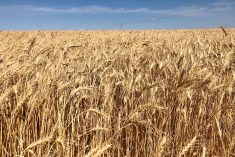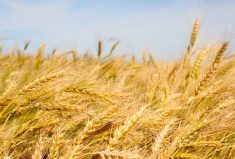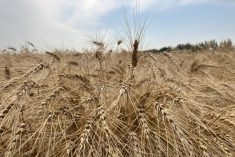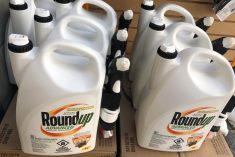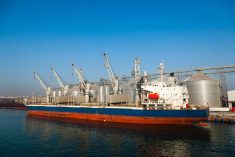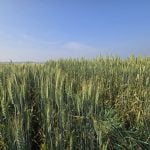Paris / Reuters – French farm unions cried foul over a government decision on Thursday to use part of European Union direct payments linked to output to finance rural development projects such as fast growing organic farming.
The decision comes just days after France launched wide debate on the future of the food sector, aiming to improve farmers’ ailing incomes, including the usually well-off grain growers who suffered last year after one of the worse harvest in decades at a time of low world prices.
“This re-allocation is unacceptable when many sectors are going through a serious crisis with market prices that no longer cover production costs and when half of farmers in 2016 had incomes lower than 350 euros per month,” France’s largest farm union FNSEA said.
Read Also
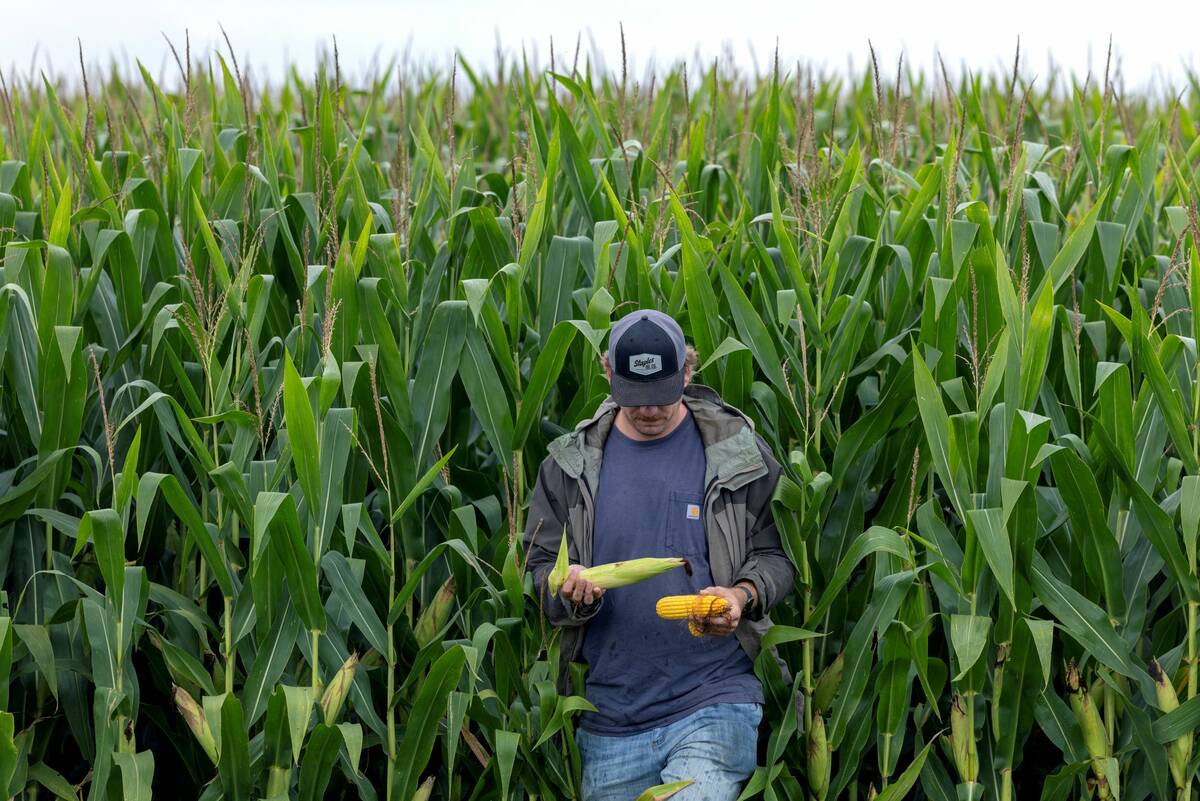
The U.S. corn crop could be the biggest ever. That’s terrible news for America’s farmers.
The USDA predicts a record corn crop for U.S. farmers, who question the agency’s accuracy amidst high debt and low crop prices.
France will notify the European Commission that it will switch 4.2 percent of payments granted under the first pillar of the Common Agriculture Policy (CAP), directly linked to output, to the second pillar used for rural development projects, the agriculture ministry said in a statement.
Farm Minister Stephane Travert said on Wednesday the government needed to find more than 850 million euros to fund some projects committed by the previous government.
France had until Aug. 1 to notify the European Commission of the details of the application of the CAP budget in 2018.
Wheat growers said the move would mean a drop of more than 160 million euros in direct payments for crop growers over the next two years, which would significantly impact producers’ competitiveness.
Other unions used stronger words. The Confederation Paysanne called it “governmental treason”, oilseed producers said it showed a “lack of budget sincerity” and sugar beet growers denounced it as a “backtrack of President Macron”.
President Emmanuel Macron had promised during his campaign he would take measures to improve the income of farmers who have grappled with years of low prices and animal health crises.
Direct subsidies in the current 2014-2020 budget were due to reach 7.7 billion euros ($9 billion) per year in France. ($1 = 0.8574 euros)



